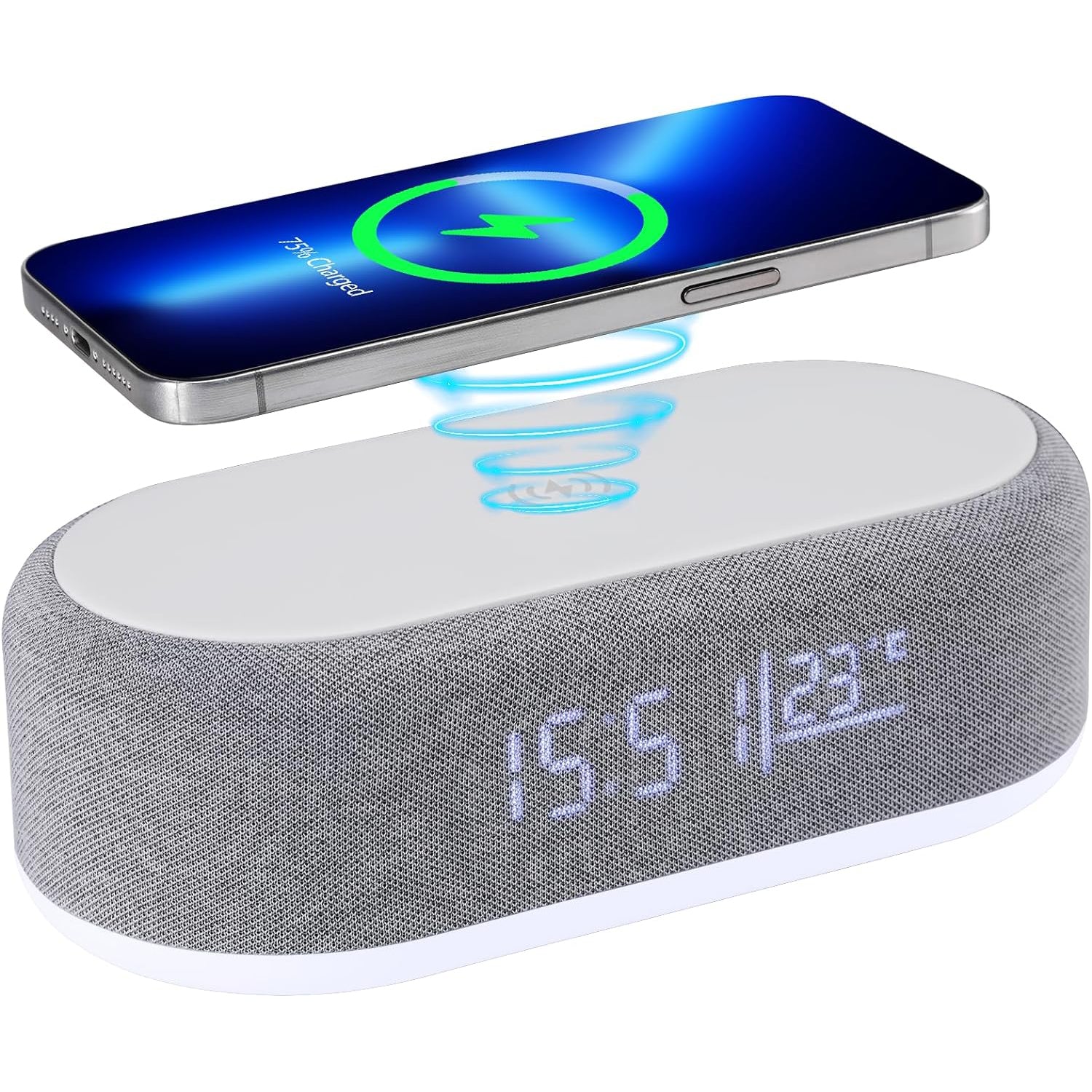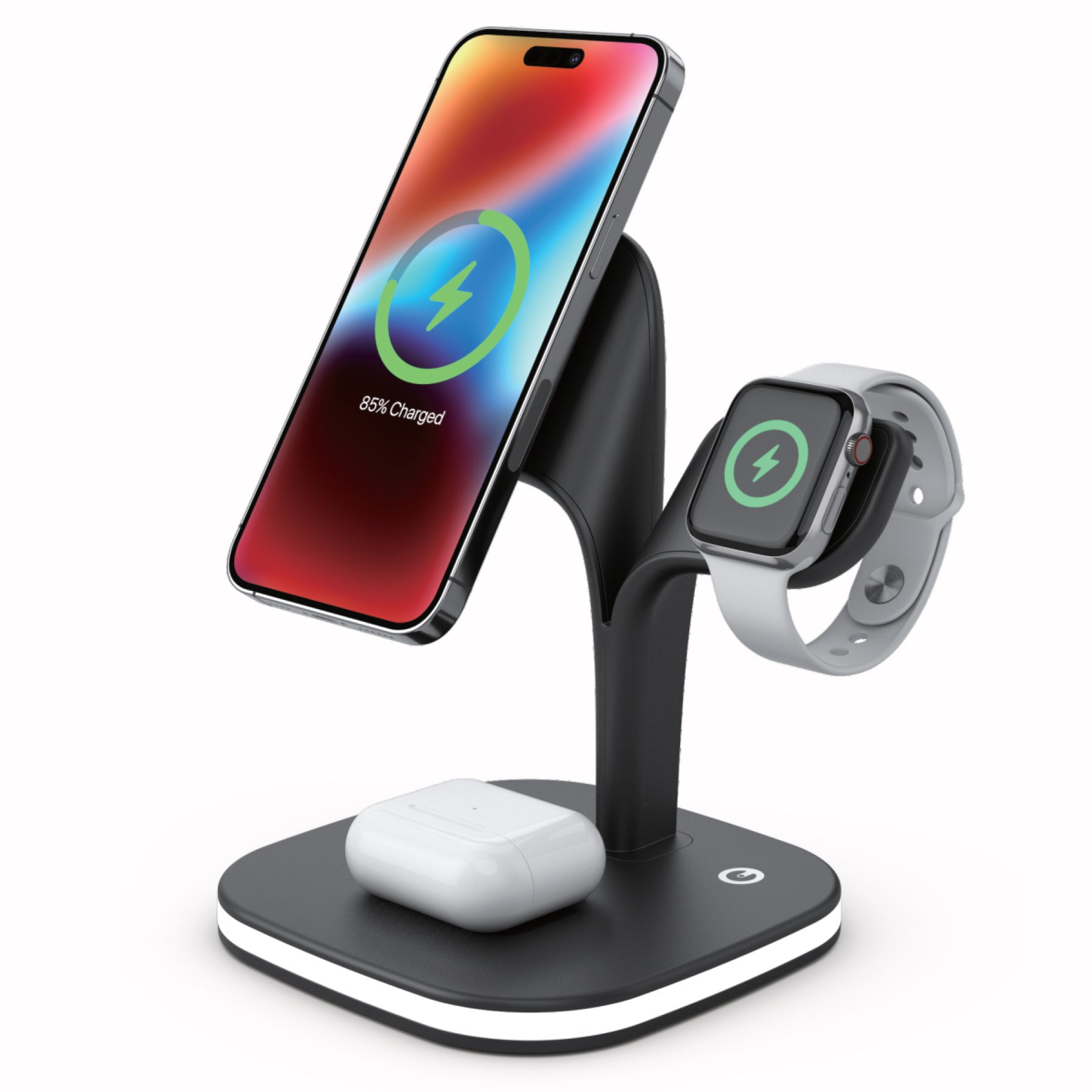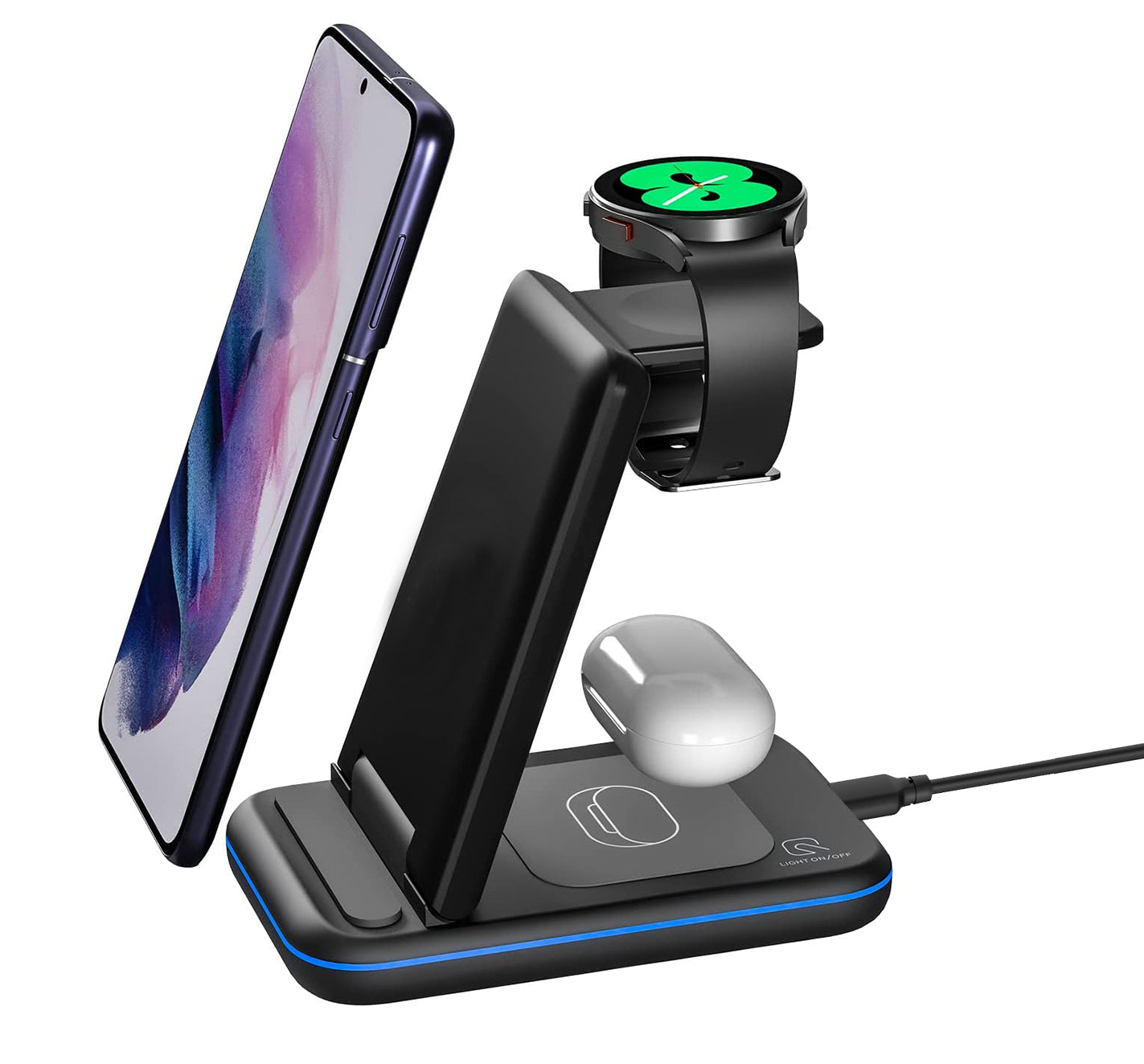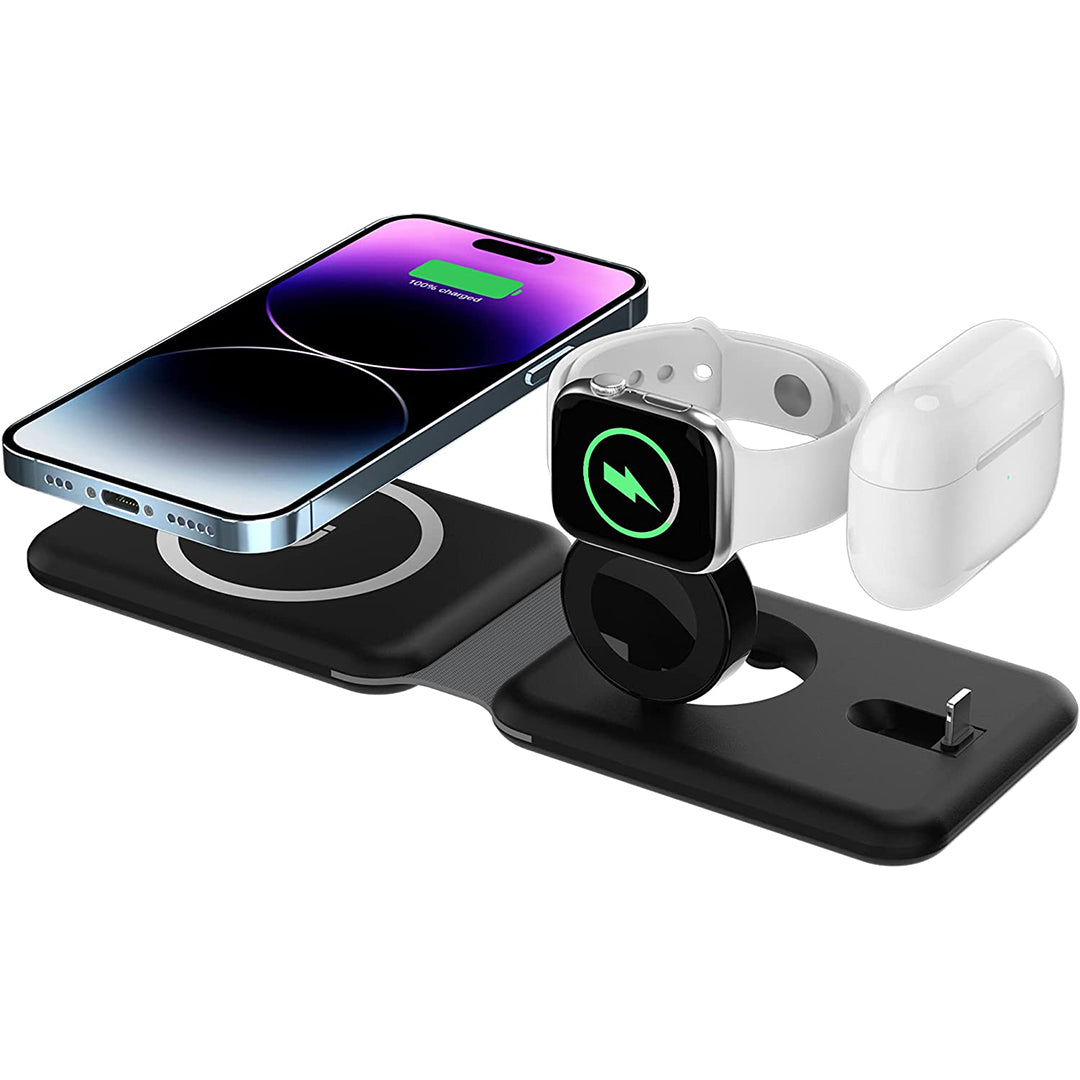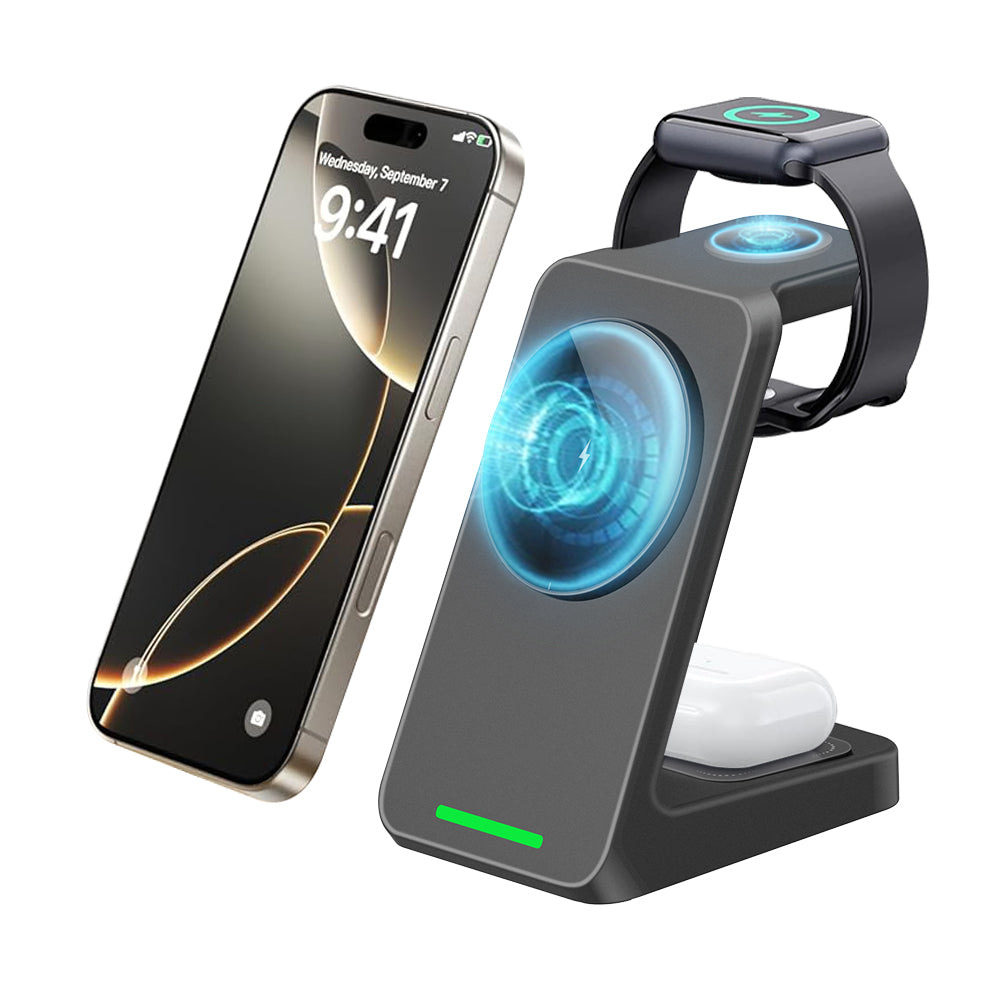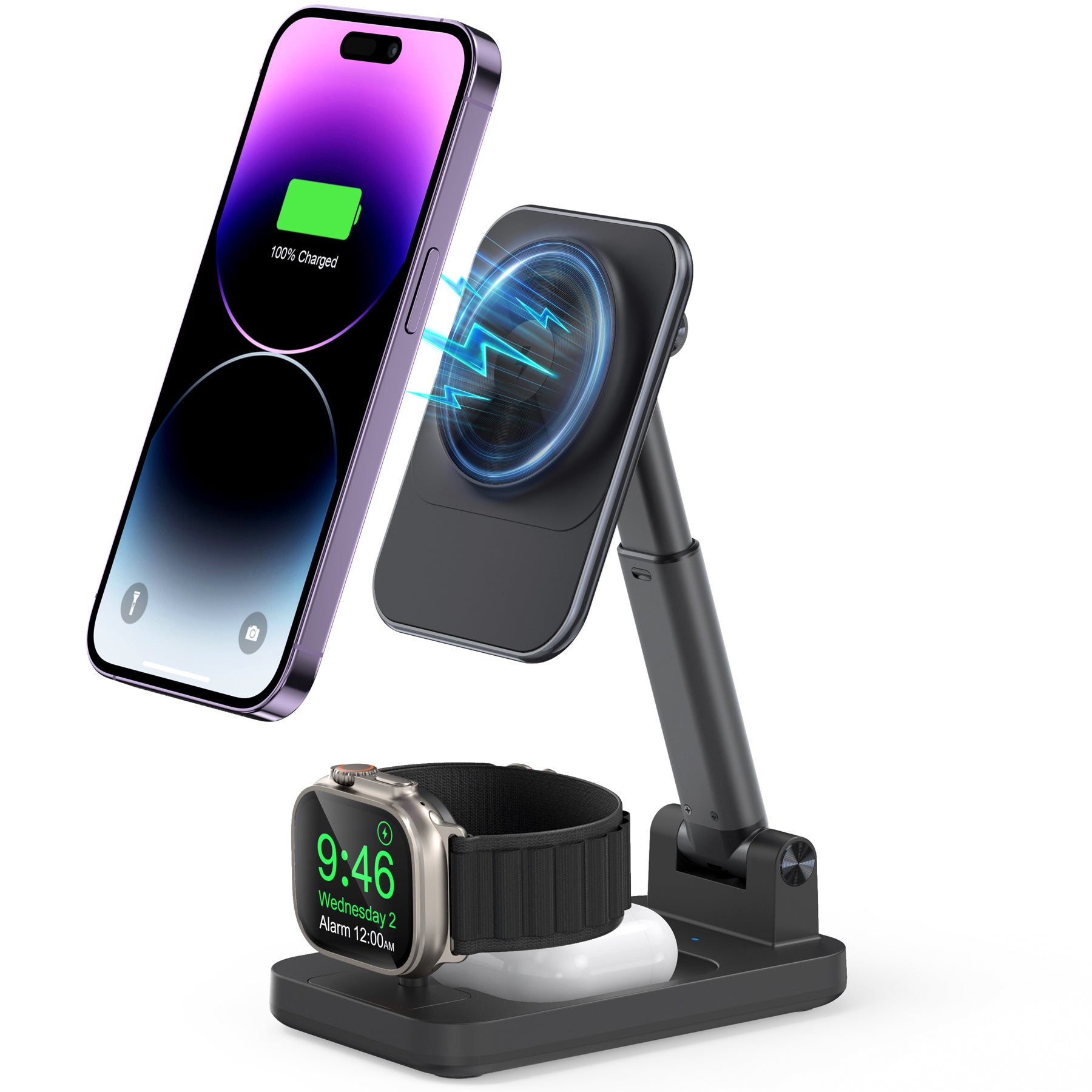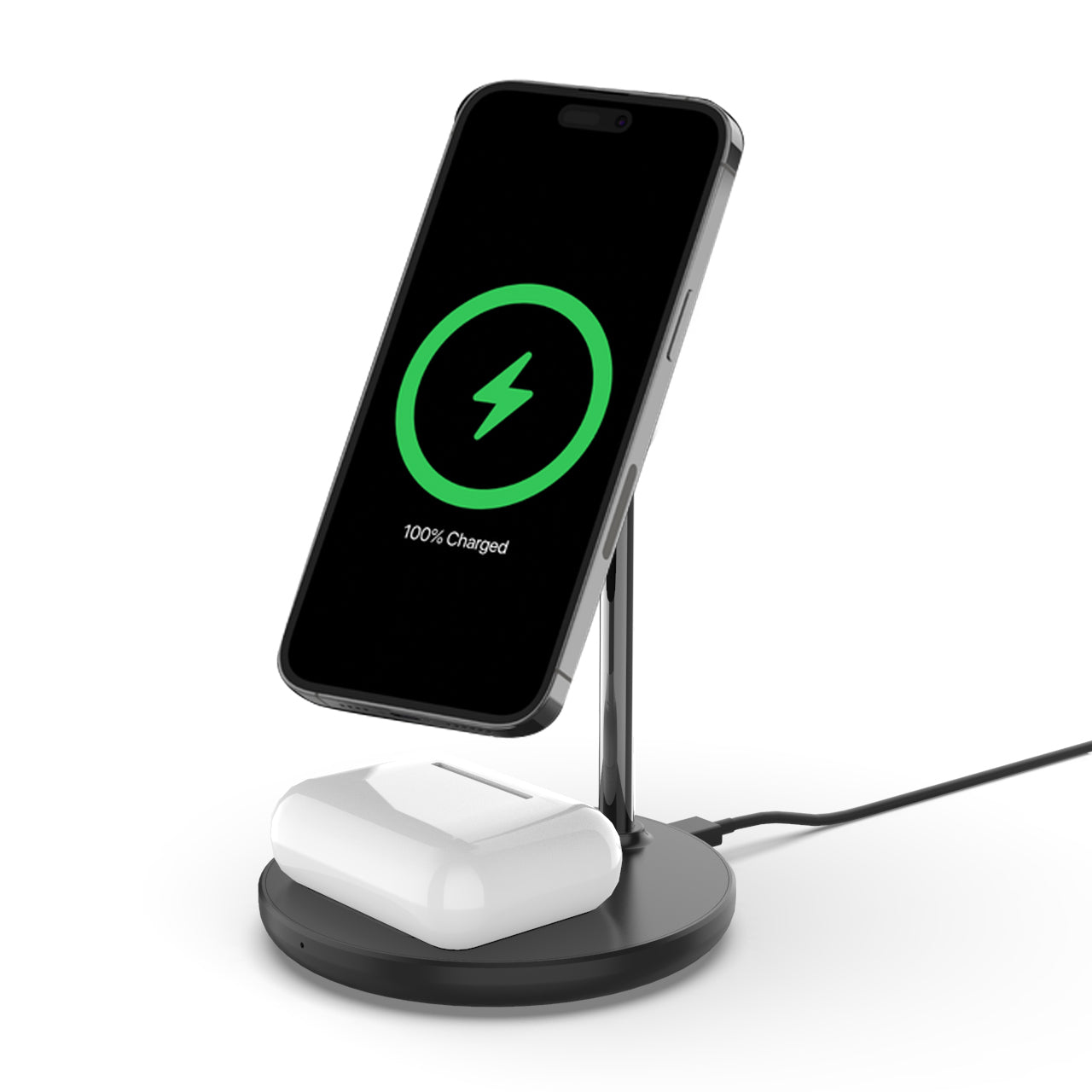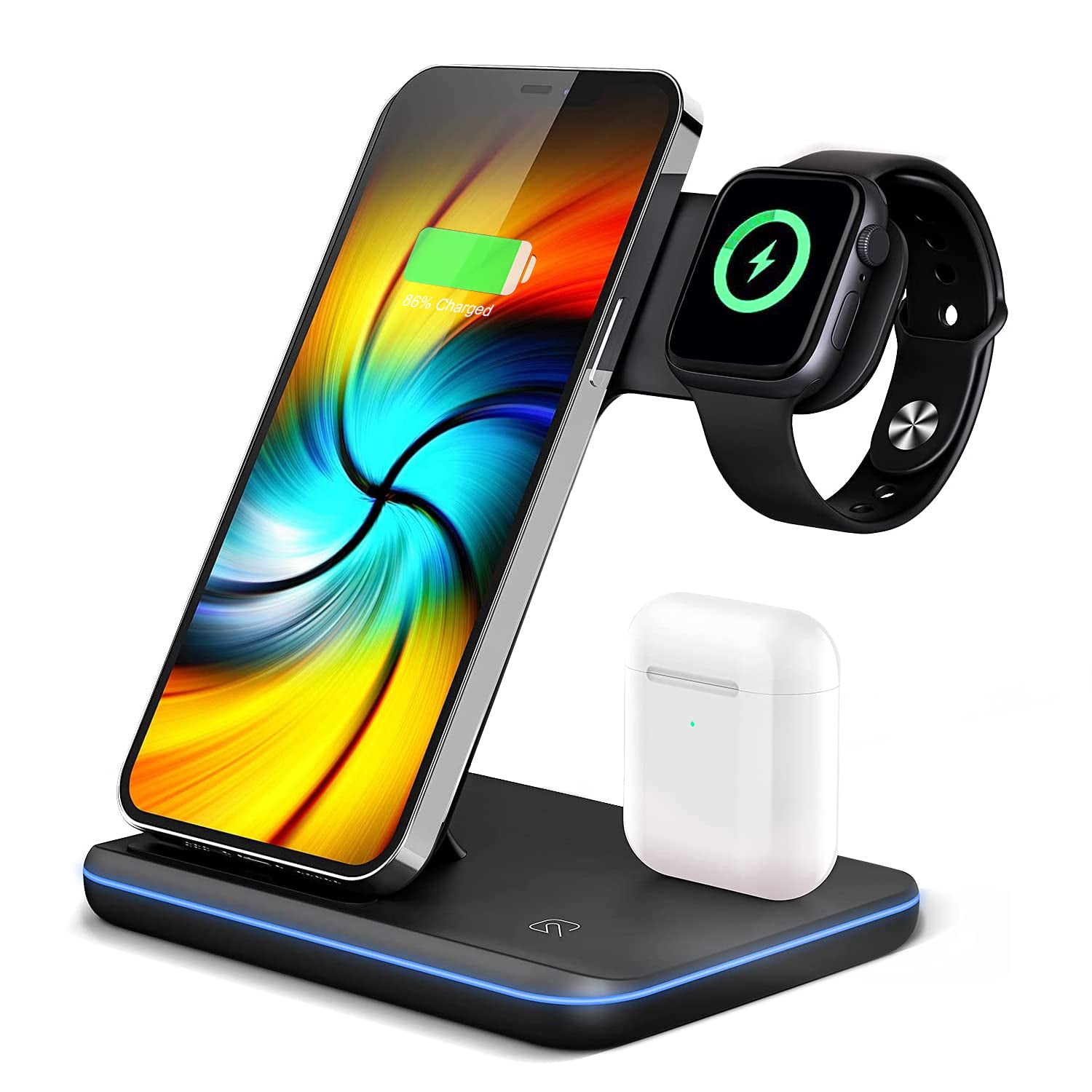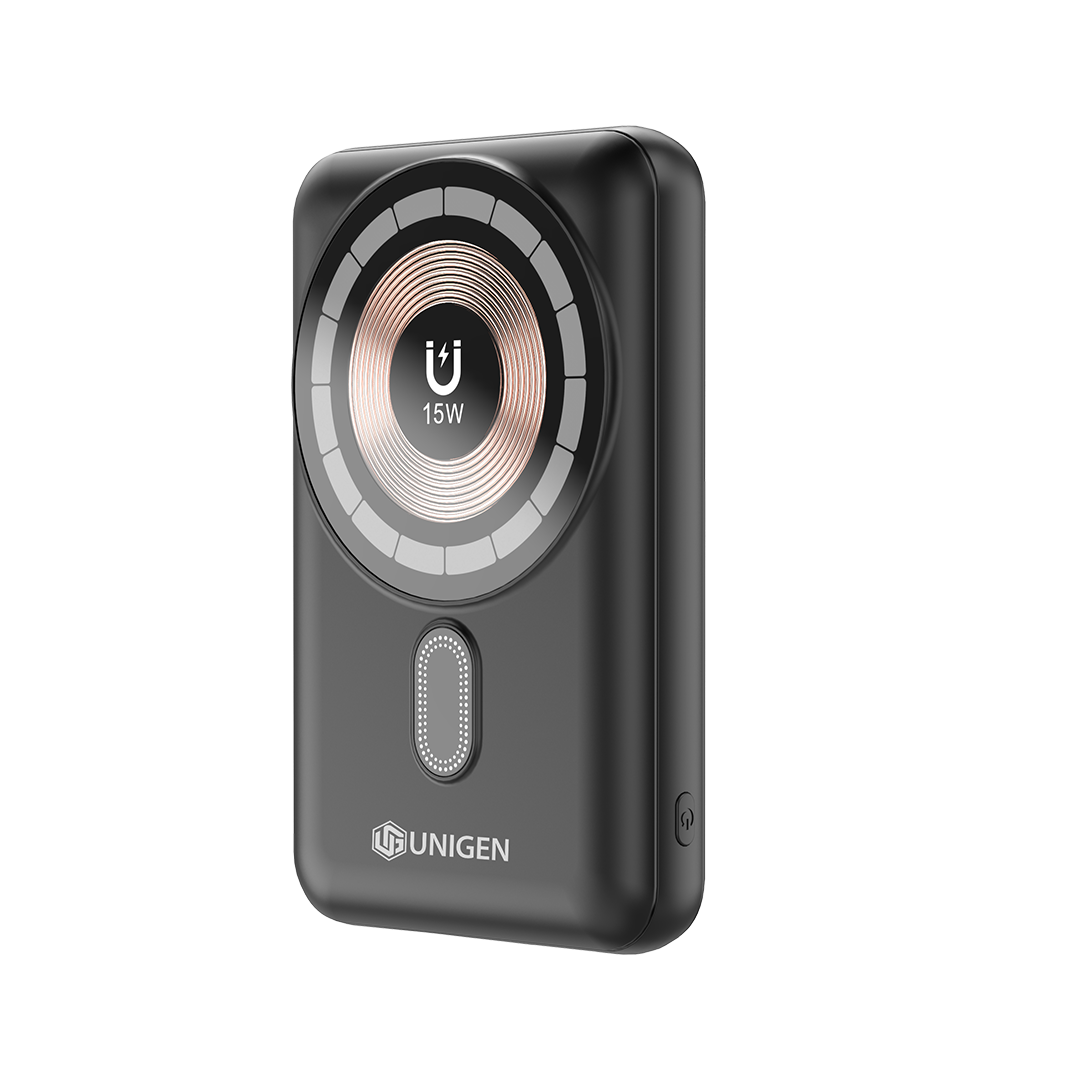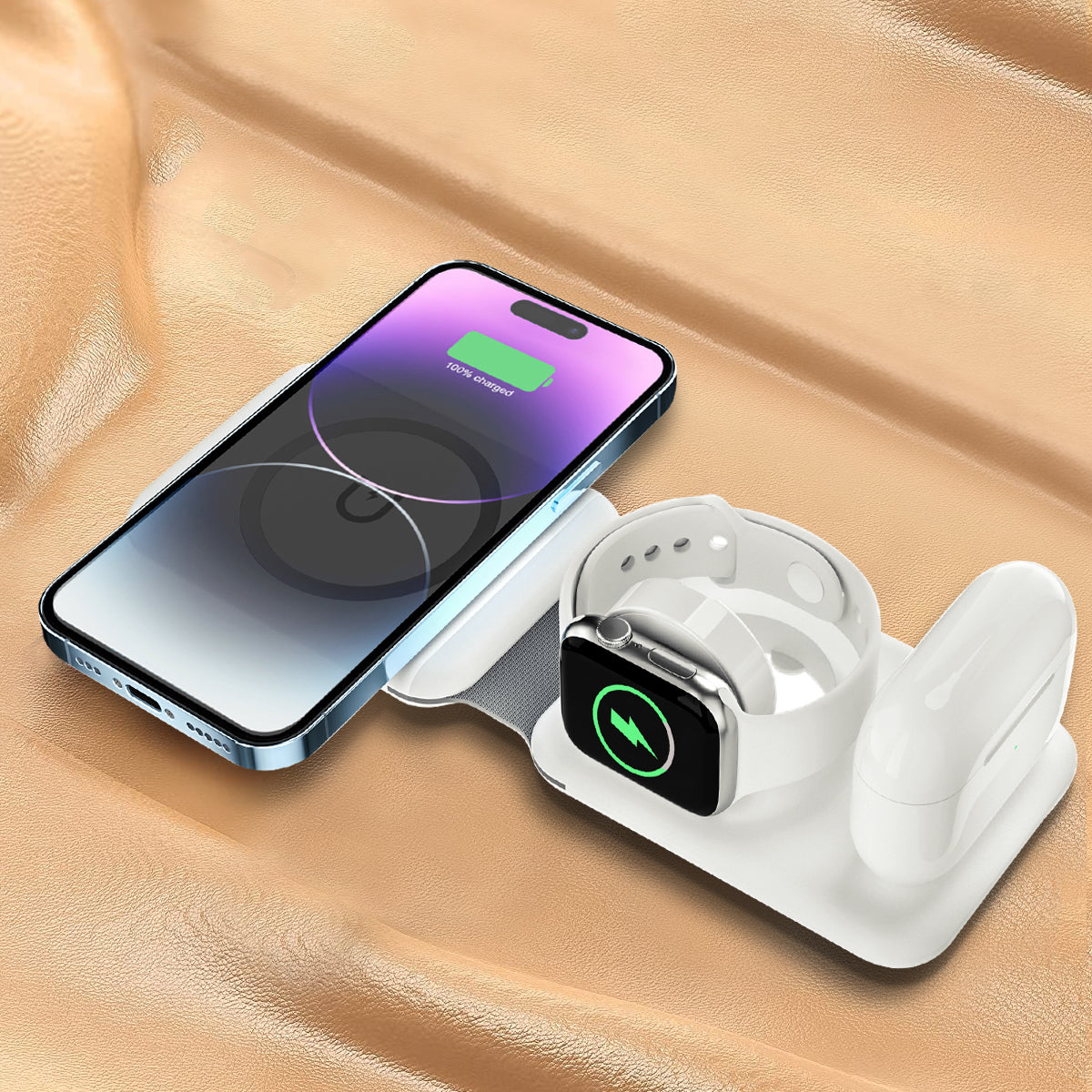
How To Choose A Wireless Charger For Your Phone
Although it is convenient to have wireless charging for your smartphone, not all chargers are created equal. Your phone will operate better with some wireless chargers than others. Which should I choose and why? We'll demonstrate.
Let's address the obvious before continuing. A phone with wireless charging capabilities is required to utilize a wireless charger. It's logical to assume that all phones in the modern day are outfitted with this technology, but that is not the case. If yours does, you can find out with a quick web search.
How Does a Wireless Charger Work?

A magnetic field is produced by a unigene magnetic wireless charger and is then absorbed by your phone or another electronic device to have energy. A wireless charging pad's built-in coil draws power from the magnetic field to power the battery when a device is put on. Using a wireless charger does not require a USB-C or Lightning cord. Your phone will begin charging when you drop it at the charging station.
Also Read: Does wireless charging harm battery health - myth or reality?
Advice for Choosing the Best Wireless Charger
- Check your phone's specifications before purchasing the charger. While some smartphones can charge at 7.5W, others only charge at 5W.
- Have a look at the charger's power output (wattage). The majority of wireless chargers produce power between 5 and 10 Watts. A low-wattage (5W) charger can charge a phone that supports higher wattages; however, charging rates may be slow. Look for a charger that can deliver up to 10W of power.
- Find the ideal layout. Several sizes and forms are available for wireless chargers. Others have a standing design, while some are circular pads. No matter the style, the charger needs to have a solid grasp on your phone.
Which Wireless Charger Do I Use?
No, and yes. Generally speaking, any wireless charger you purchase should have thorough testing and be entirely safe. A s mentioned, choosing one from a recognized brand is still a good choice.

Moreover, make sure the wireless charger you choose complements the design of your house. While some allow you to charge your phone flat so you can always see the screen, others will enable you to set it at an angle so you can always see the screen. Some can even serve as a nightstand while charging, doubling as an alarm.
Also Read: The Ultimate Wireless Charging Station for Apple Products
What Do I Need to Know About Wireless Chargers?
When making a purchase, it's necessary to take a few other aspects of wireless chargers into account. Here are a few essential details.
Not all phones are compatible with wireless chargers. Not all cell phones are compatible with wireless chargers. In addition to multiple Samsung phones and a large portion of the Google Pixel line, many iPhones, notably the iPhone XS range and above, support it. Before buying one, make sure yours is in order.

That shouldn't matter in your scenario. Many phone cases still support wireless charging, but it's still a good idea to double-check that your desired case won't obstruct it. Each time you want to charge, you must remove a casing, which is annoying.
Charging via a wire is quicker. If speed is crucial to you, stick to cable-based charging. Although slower and less effective, wireless charging is effortless and less dirty.
More devices than simply phones can be charged wirelessly. You can also put the charging case for your wireless earphones on your wireless charger if it supports wireless charging.
Do All Wireless Chargers Work the Same?
No. Notably, some wireless chargers use standards other than Qi, so it's better to stick with Qi. That's because it's been embraced by most phone makers and typically provides over-voltage and overcharge protection, making them safer as well.

It's also essential to check the wattage of your wireless charger. The lowest wattage is 5W, with Samsung phones charging 9W, some Android phones supporting up to 10W, and iPhones charging at a maximum of 7.5W. The phone sets more quickly the higher the wattage.
Conclusion
Once a specialty feature, wireless charging is now a standard feature on many smartphones. Apple was the most conspicuous holdout for a long time, but since it adopted the Qi charging standard, the technology has become widely used.

Wireless charging is beneficial in various circumstances, although it isn't always necessary. Whether you choose to use a new wired or wireless charger depends on your priorities. But, in terms of speed, wireless charging is more practical than wired charging.

